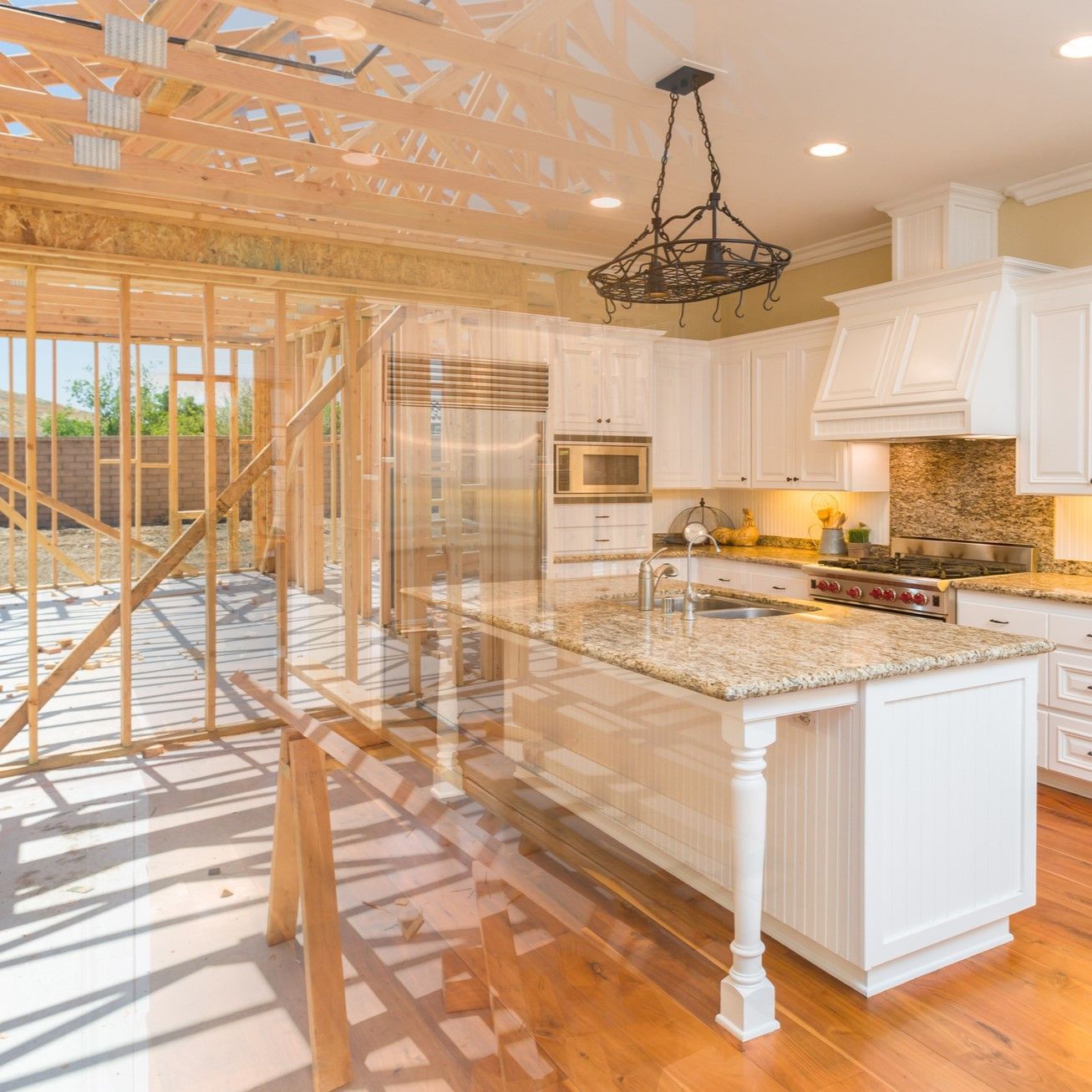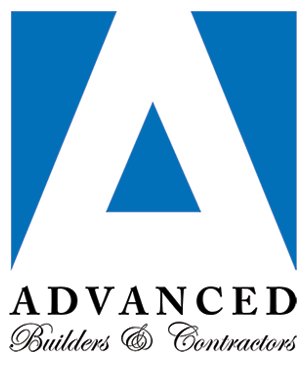Home renovation projects require substantial planning, whether you wish to renovate for your enjoyment or you’re preparing to sell. They can also be expensive. You may be wondering what financial options are available to complete your project without breaking the bank.
Considering all your options, your project budget, who’s completing the repairs and the renovation ROI will help you plan for the best outcome.
How to Determine Your Budget
You’ll need to get an accurate picture of the project price tag, whether you plan to do the renovation work yourself or hire a contractor. Any potential lender will need a specific amount before they enter negotiations.
If you plan to work with a contractor, find a tradesperson you can trust by getting quotes from three recommended workers. After establishing a bid, request they break down expenses based on labor and materials. To be safe, up the price by 5-20% in case changes or problems occur.
If you plan to complete your own renovation work, compile a materials list and accurately detail the quantities and cost. Don’t forget equipment rentals and all necessary permit fees. Add a 20-30% cushion if you go over your initial outlay.
How to Know if You’ll See an ROI
Specific renovation projects will always bring a return on investment (ROI), while others are less likely to increase the value of your property. Here’s what’s guaranteed to boost your home’s price:
- Replacing your garage door will bring a 93.8% ROI .
- Adding a stone veneer to your home’s exterior will garner a 92.1% ROI.
- A minor kitchen remodel will result in a 72.2% ROI.
- Upgrading your siding should fetch a 69.4% ROI.
- Swapping your windows will bring a 68.6% ROI.
If you’re looking to get as much value out of your home so you can sell, it might be wise to invest in one of the previously mentioned renovations — then stick to minor improvements throughout the rest of your property. Speak with a well-reputed contractor who can offer advice on how to get the most value from your repairs and prioritize completing those.
Available Loan Options
The first thought that comes to mind when getting a loan is likely a financial institution like a bank, credit union or broker. However, some options are backed by government institutions like the Veterans Administration (VA) or the U.S. Department of Housing and Urban Development (HUD). Consider the various choices when looking to finance your next renovation project.
Construction Loans
One option is getting a construction loan. These are different from mortgages and other types of loans because they’re typically short term, lasting one to two years . The rates are typically higher, and once construction wraps, payment is due. The loans are unsecured, and you don’t need to use your house as collateral to qualify.
Funding often comes quickly, and once you agree to the terms, lenders will deposit the money into your account. You can access it within the day. Construction loans are ideal for smaller and midsize home projects. Consider this option if you don’t have much home equity to access or you’re only completing a small to midsize project.
Home Equity Line of Credit (HELOC)
Another option is a HELOC, a secured loan backed by your home. You can qualify for lower interest rates and have access to a line of credit that you can draw from and pay back over 10 years. Essentially, HELOCs work like credit cards . Your monthly payments will vary based on how much money you’ve used and the interest rate.
HELOCs are great options for homeowners who want to complete multiple renovation projects without a capped budget. Ensure you have 15-20% equity in your home because you must borrow against your house. Additionally, since HELOCs are backed by your home, note that you risk losing your property if you can’t pay the loan back.
Home Equity Loan
A home equity loan is different from a HELOC and is sometimes referred to as a second mortgage. It’s similar to the construction option and is paid out in a lump sum — you repay the figure in regular fixed monthly payments over several years.
A benefit of home equity loans is the fixed interest rate. Unlike HELOCs, you don’t have to worry about market fluctuations. If you plan on doing one renovation project and know your budget, this might be the perfect loan option because you receive all your funds at once. However, your home is used as collateral, and if you don’t keep up with monthly payments, your property could be foreclosed.
Cash-Out Refinance
If you choose a cash-out refinance loan, you’ll replace your old mortgage with a new and larger loan. The benefit of this option is that you get a new interest rate and keep the difference made between your old mortgage and new loan, which could provide extra money for home renovations.
The cash-out refinance option is excellent for homeowners who can refinance a mortgage with a shorter term or secure a lower interest rate. Otherwise, this loan isn’t likely worth your consideration.
Government Loans
Not all homeowners qualify for a government loan. However, if you do, you can save considerably on interest rates.
HUD offers a government loan, Title I Property Improvement, which lets a homeowner borrow up to $25,000 without any home equity. This is an excellent option for individuals who recently purchased a house and wish to renovate. The money must be used for repairs that make the home livable , so not all property upgrades may qualify.
The VA offers cash-out loans to assist in refinancing and getting cash on your property’s equity. It provides insurance if you can’t make a monthly payment and fall behind in your loan.
How Lenders Decide What You Can Borrow
Now that you know what loan you wish to use, how do you go about getting the money? Lenders will use various factors to determine the amount you can borrow.
Credit Rating
Your credit rating can potentially interfere with your chances when it comes to borrowing. Overdrawn credit cards likely won’t prevent you from getting a loan entirely, but you might have a higher interest rate or smaller amount. Typically, better rates and terms go to homeowners with the best credit ratings or those who have no late payments or maxed-out credit cards.
Loan-to-Value Ratio
Lenders also utilize the loan-to-value ratio (LTV) to appraise the value of your home and determine how much money they’ll offer. They’ll start with a usual limit of 80% and subtract your mortgage balance to arrive at the amount you can borrow. If you have a good credit rating, you’ll likely get a loan based on more than the 80% LTV limit, granting you more money. However, you could get a loan based on a 65%-70% limit if you have a lower credit rating.
Explore Your Financial Options
There are many things to consider when financing a renovation project. Homeowners should set a budget, then think through appropriate loan options for their project and their financial situation. There’s an ideal choice out there for everyone — all it takes is a little homework.
Recent Blog Posts








